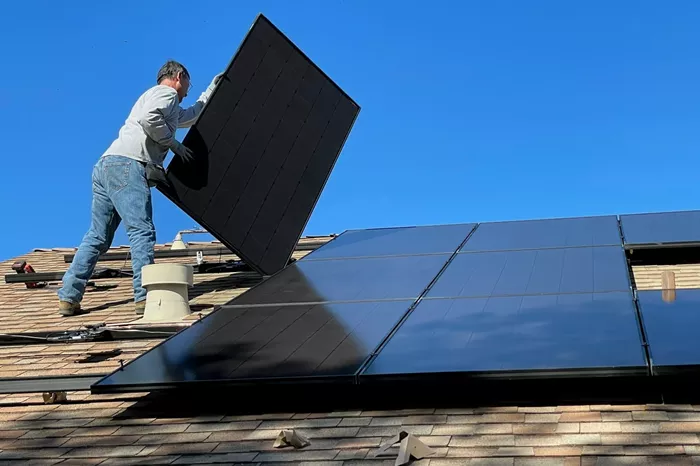The Trump administration announced Wednesday that it will halt $365 million in funding originally designated for rooftop solar power in Puerto Rico, opting instead to redirect the money toward fossil fuel-based power generation and infrastructure maintenance.
The funds, which were allocated during the Biden administration in late 2024, were intended to support solar and battery storage projects scheduled to begin construction in 2026. However, the Department of Energy (DOE) stated that the money will now be used for measures that can be implemented immediately, including activating baseload generation units—powered by oil and possibly natural gas—clearing vegetation to protect transmission lines, and upgrading the island’s aging electrical grid.
Puerto Rico’s energy system has long suffered from chronic outages, compounded by decades of underinvestment, the 2017 bankruptcy of the Puerto Rico Electric Power Authority, and multiple devastating hurricanes. Just last month, the island experienced a major blackout, followed by another outage affecting over 134,000 customers.
Last week, Energy Secretary Chris Wright issued an emergency directive instructing Puerto Rico’s public utility to address the island’s energy shortfall using oil-powered plants. These facilities emit pollutants and greenhouse gases linked to climate change.
In its statement, the DOE defended the redirection of funds, arguing it would deliver quicker and broader benefits. “The redirection of these funds will expand access to reliable power for millions of people rather than thousands and generate a higher return on investment for taxpayers while advancing grid resiliency for Puerto Rico,” the agency said.
The move aligns with the Trump administration’s broader energy policy, which prioritizes fossil fuel development and has rolled back initiatives introduced under the Biden administration aimed at expanding renewable energy use.
The DOE emphasized that the revised funding plan will support immediate energy solutions for critical infrastructure, including hospitals and community centers, rather than delayed long-term solar projects.

